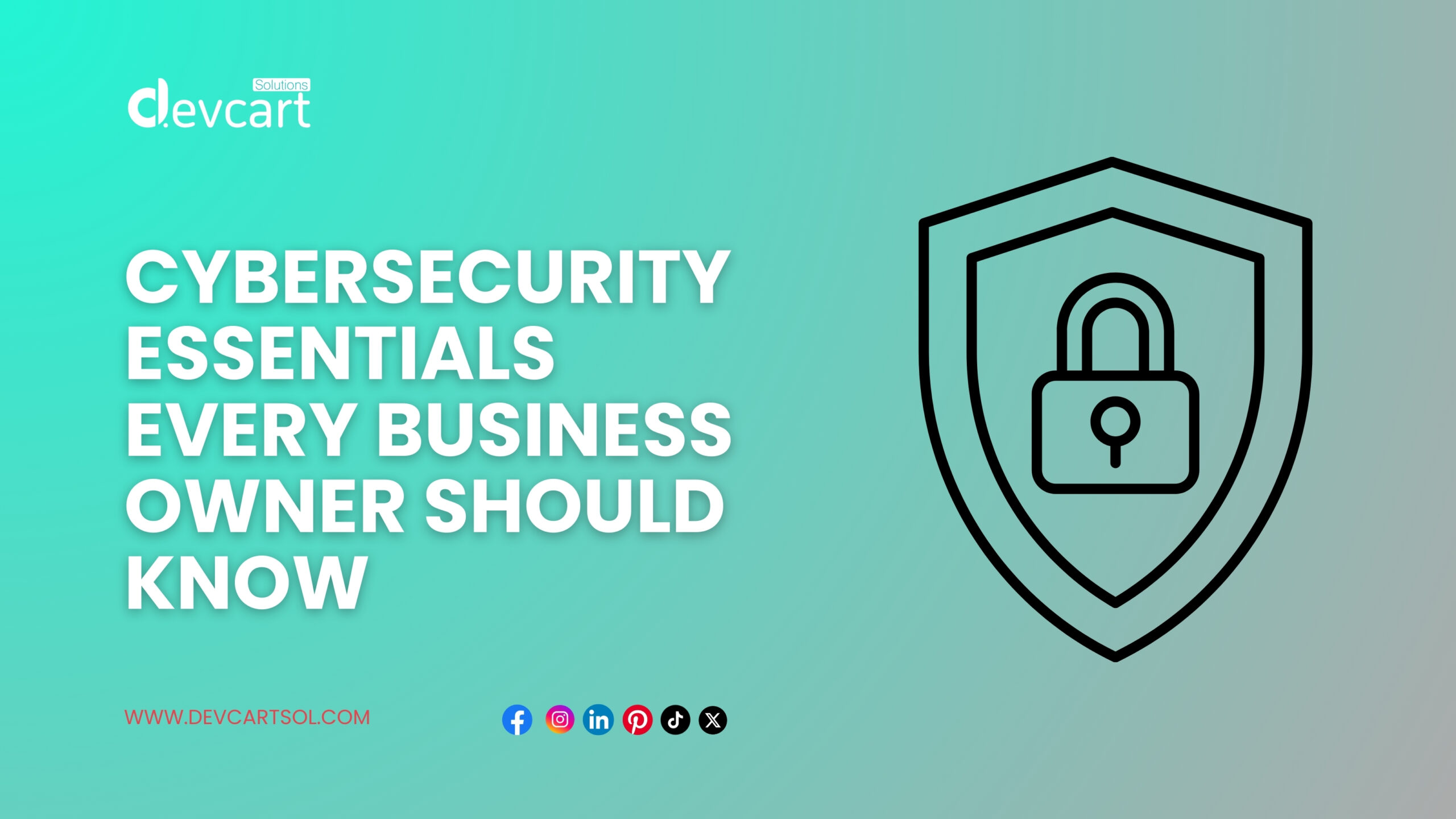The demand for online education is growing rapidly, creating an excellent opportunity for professionals, entrepreneurs, and hobbyists to share their expertise with a global audience. Whether you want to create a side income, grow your brand, or launch a full-fledged e-learning business, turning your knowledge into an online course is a powerful way to achieve it.
Why Create an Online Course?
- Global Reach: Teach students anywhere in the world.
- Scalable Income: Earn revenue from one course repeatedly.
- Establish Authority: Position yourself as an expert in your field.
- Flexible Lifestyle: Work from anywhere and on your schedule.
Step 1: Identify Your Niche and Audience
Start by choosing a topic you are knowledgeable about and that people are willing to pay to learn. Ask yourself:
- What skills do I have that solve problems?
- Who would benefit most from this knowledge?
- What are people already searching for?
Step 2: Validate Your Course Idea
Before creating the course, validate demand by:
- Conducting surveys and polls.
- Checking popular platforms like Udemy, Skillshare, and Coursera.
- Analyzing search trends and online communities.
Step 3: Structure Your Course
Break your knowledge into clear, digestible modules and lessons. A strong structure includes:
- Introduction – Overview and goals.
- Core Lessons – Step-by-step teaching content.
- Practical Activities – Quizzes, projects, or worksheets.
- Final Assessment – Test to measure learning.
Step 4: Choose the Right Platform
Select a platform that aligns with your goals:
- Hosted Platforms – Teachable, Thinkific, or Podia.
- Marketplaces – Udemy or Skillshare (built-in audience).
- Self-Hosted Website – Full control and branding.
Step 5: Create High-Quality Content
- Use video lessons for better engagement.
- Include visuals, slides, and downloadable resources.
- Ensure audio quality is clear and professional.
Step 6: Price and Launch Your Course
- Research competitor pricing.
- Offer introductory discounts or free lessons to attract students.
- Promote through email marketing, social media, and partnerships.
Step 7: Market and Grow
- Leverage SEO to reach learners searching for your topic.
- Collaborate with influencers in your niche.
- Create valuable content (blogs, webinars, YouTube) to build an audience.
Final Thoughts
Turning your expertise into an online course can open new income streams and establish your brand as a trusted authority. By following these steps—planning, validating, creating, and marketing—you can build a profitable online education business.















